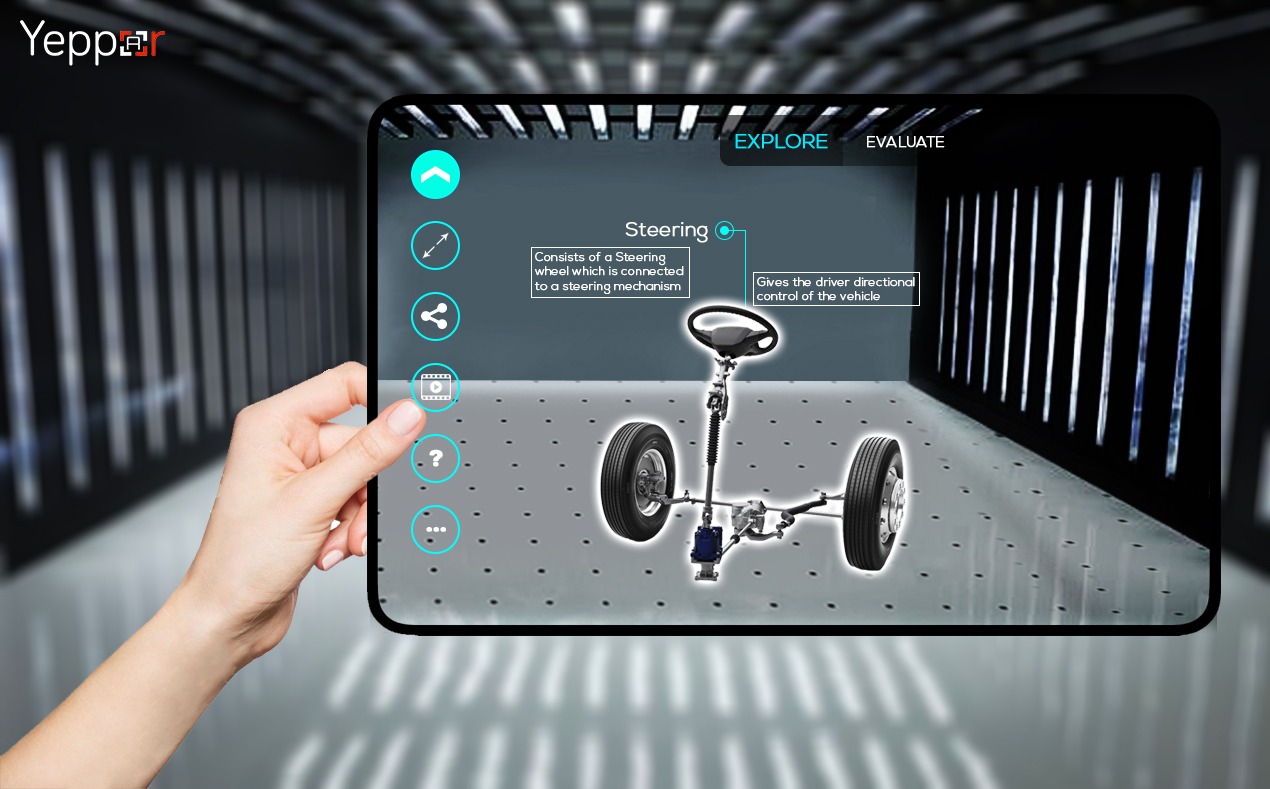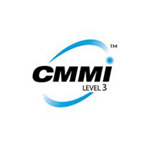The manufacturing sector has been witnessing quick-shifting scenes since the last decade, with a wave of innovative technologies and global market transformations. The revolution taking the retail segment to the digital marketplace has taken manufacturers to a new horizon. With the generation being influenced by technology, the industry is expected to serve the digitally-savvy consumers demanding the products immediately from any corner of the world.

While the manufacturing industry is struggling with rising skill gaps of workforces, the modern challenges are hardly finding any solution in the absence of tech-backed solutions. The new-gen production facilities are complex with advanced techs and robotics, which demands the workforce to be upskilled with frequent training.
AR plays a crucial role in helping enterprises hire, train, and retain workers from the past generation for the future to balance the increasing gap of skills in the rocketing market. This article will explore the possibilities of AR in addressing the following challenges with an advanced industrial training solution.
Safety & Cost Efficiency
The rising trend of on-demand production and product customization has increased the complexity of products. Competing worldwide, efficiency has been topping the priorities of manufacturers. By adopting the traditional training methodologies, the workers are still lacking productivity and efficiency to meet the requirements. With a lack of proper guidance and unattended training sessions, they are more prone to mistakes, resulting in wastage of materials and rework.
As an aftereffect of inappropriate training, manufacturers face severe industrial accidents due to inefficient guidance on safety and hazard awareness. Alongside, the conventional methods of industrial training drain out a lot of the company’s resources, which makes a lot of difference for smaller manufacturers.
AR training materials are developed on likely concepts to the on-ground work instructions, but with an immersive version for better understanding. Augmented reality training modules are custom designed and developed with industry-specific instructions for trainees to quickly learn at the production facility. Such training sessions allow workers to be productive, gaining practical knowledge with no chances of resource drain.
Shortage of Skills
The skill gap in the manufacturing sector is significantly visible as experienced workers are retiring out of the workforce, taking along the knowledge with them. Manufacturers are hardly finding a way to find skilled labor to hire for production floors. They have been trying to make the most of the few employees improving productivity to gain more with less. Sometimes, hiring and training internally unskilled laborers is what they do to strengthen the workforce.
Augmented reality training solutions have been highly effective in bridging out the knowledge and skill gaps. AR training modules implement step-by-step work instructions to deliver location-aware guidance for easy learning of procedures. The trainees could access contextual demonstration with 3D overlays. Content relevant to training, like videos can be consumed by trainees for easy reference.
Basic procedures can be uninterruptedly performed, with immersive instructions. Employees can reduce the chances of mistakes and quickly perform their tasks relying on AR training for complex procedures.
Complex Work Environments
Manufacturing units are considered to be complicated work environments. Taking it for training, it would be extremely challenging for a trainer to solve technical issues in the small components of the equipment. The trainer might need to attend one trainee at a time, to provide hands-on instruction regarding safety concerns and how to prevent possible hazards. Completing the training sessions faster can lead to underskilled employees, making them prone to mistakes. With such ineffective training, the amount spent on it would be simply wasted.
Augmented reality would train the workers in real-time with proper instructions and simulated training materials. Trainers could access the trainee’s view as they perform a task, for monitoring progress, and guide them through procedures. A trainer can remotely train multiple employees without compromising safety and struggles to listen amid the loud machinery. Leading AR training providers develop custom training modules for industries to meet specific requirements.
Afterword
Proper training is an important part of any industry to stay ahead in a competitive market. Without it, a manufacturer would be compromising not just with the quality, but also with the safety of their employees. Anyhow, training an entire workforce internally is a challenge for the companies with lower budgets, but AR has been a real life-saver for the industries to deliver effective and cost-efficient training to upskill workers in the production line.












